March 16, 2017
Full speed ahead for STF
April 6, 2017 is the deadline for many covered transportation companies to come into compliance with the Food and Drug Administration (“FDA”) Final Rule on the Sanitary Transportation of Human and Animal Food (the “STF Rule”). Although President Donald Trump issued an Executive Order freezing the application of pending regulations, apparently compliance with the STF Rule will not be stayed. The STF Rule was published on April 6, 2016, long before the Executive Order.
Covered transportation companies include shippers, rail and motor carriers, loaders and receivers, freight intermediaries including freight forwarders, brokers, and indirect air carriers, (3PLs), that arrange transportation of covered food in the United States by a carrier or carriers. All must comply unless they fall within the small operations exemption (operations that have less than $500,000 in average annual revenue). Those entities who can take advantage of the small operations exemption have an extra year (until April 6, 2018) to comply.
If a 3PL arranged the U.S. land-based transportation leg of a foreign shipment, the freight forwarder is legally deemed a “shipper” for purposes of the STF Rule and subject to the STF Rule requirements. This includes the requirement to specify to the carrier the conditions necessary to ensure the safe transport of the food, e.g., an operating temperature for transportation of temperature-controlled food including, when necessary the pre-cooling phase.
In coming into compliance with the Final Rule, consider the following:
(1) identify shipments covered by the new legislation, and ensure that you do not agree to regulatory requirements for non-covered commodities;
(2) do not accept shipper requirements that cannot be operationally met;
(3) reassign responsibilities to entities in the best position to ensure compliance with the Final Rule;
(4) pay close attention to your and the carriers’ rules publications, terms and conditions, rate confirmations, and credit applications;
(5) consider the use of a questionnaire for carriers with initial questions to confirm compliance with the food safety laws;
(6) address procedures to be followed if you or those with whom you contract become aware of any possible material failure of temperature control or other conditions that may render the food shipment unsafe
(7) Address who is the qualified individual and how he/she will determine “adulteration”
(8) Address duty to mitigate damages/procedure if broken/missing seal or temperature variance
(9) Memorialize industry/your best practices
What Kind of Food Shipments are Governed by the STF Rule?
Are Frozen Foods Covered?
What Does the STF Rule Require?
What are the Takeaways for Compliance and Limiting Liability?
Get the answers to these and more questions at IANA’s upcoming webinar, featuring participation from the Benesch firm:
Are You Prepared? Understanding the Sanitary Transportation of Human and Animal Food Rules and Potential Risks
For more information, also visit the resource page for the FDA rule.
Add new comment
2025 PARTNERS
A special thank you to our premium level partners for your continued support.





.png)
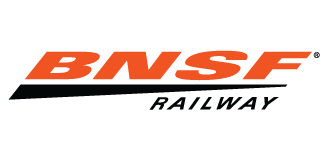
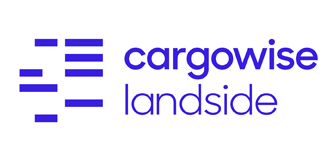

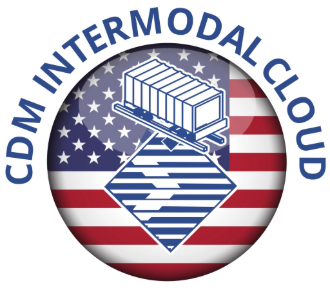


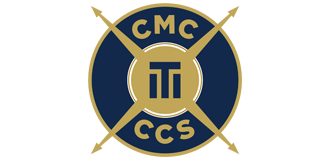

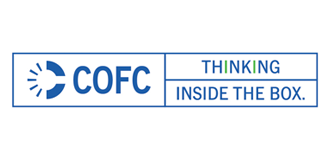
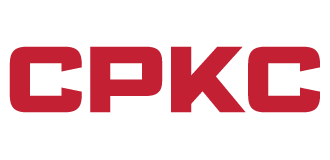

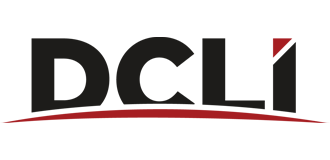
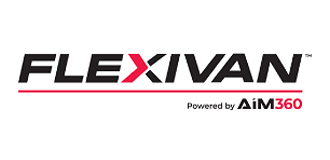



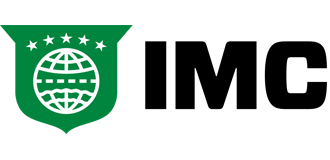

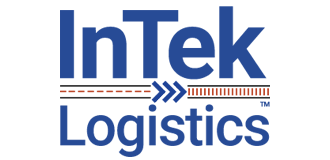
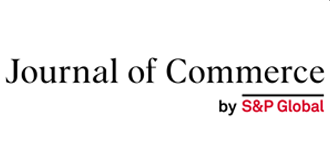


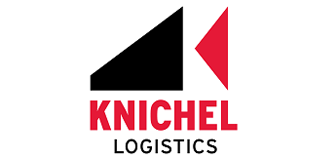
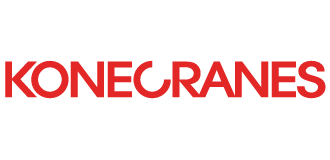
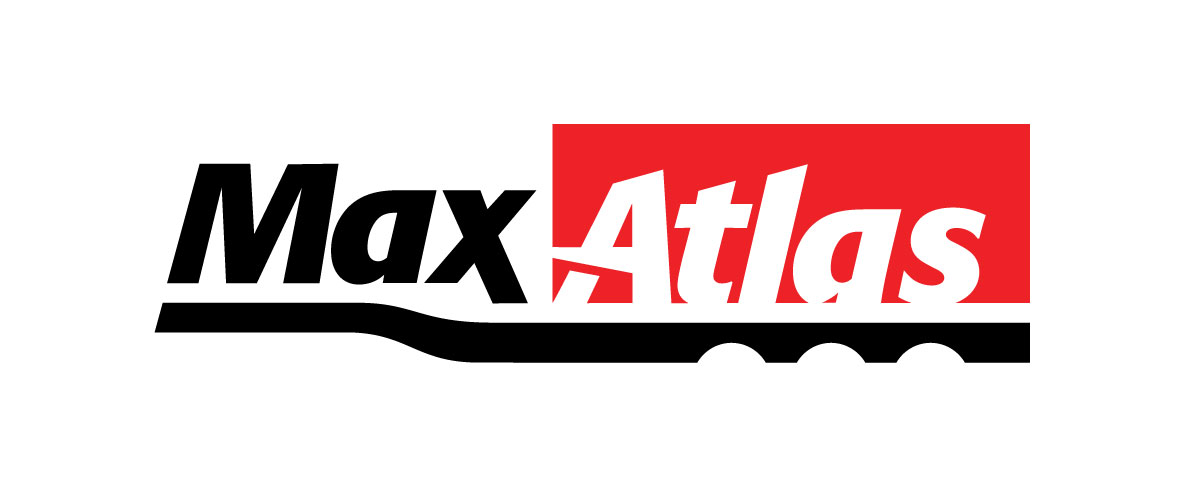
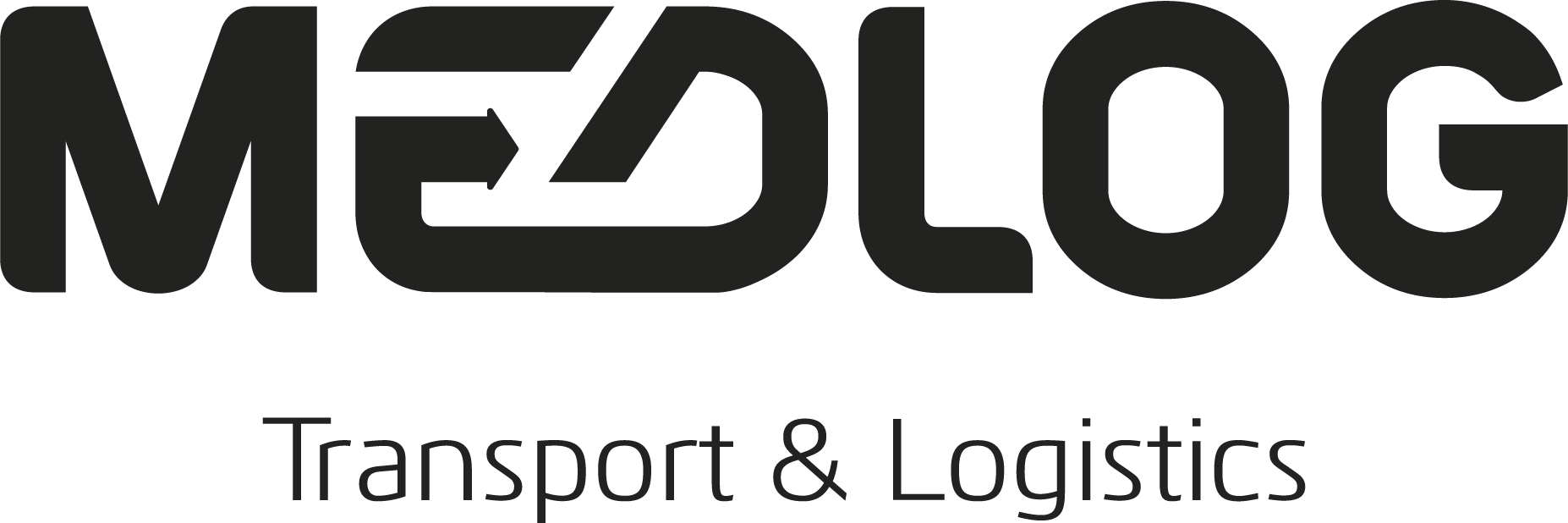
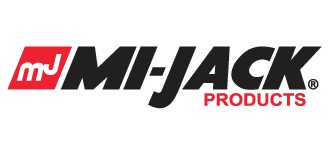
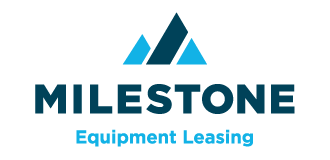
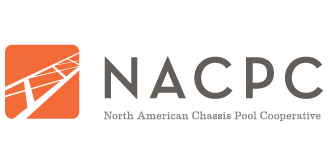
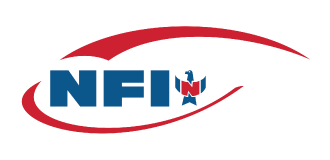
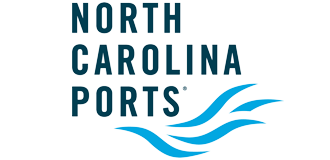




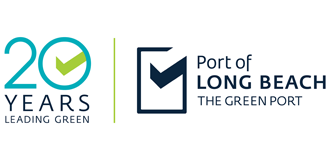


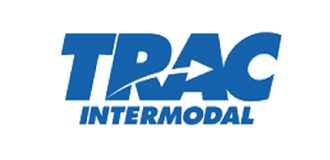
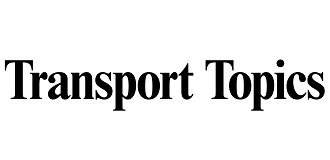
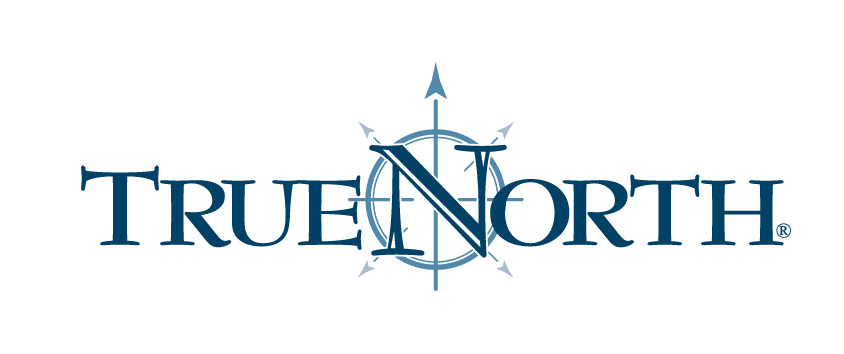

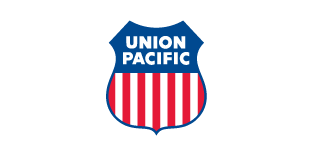
Comments